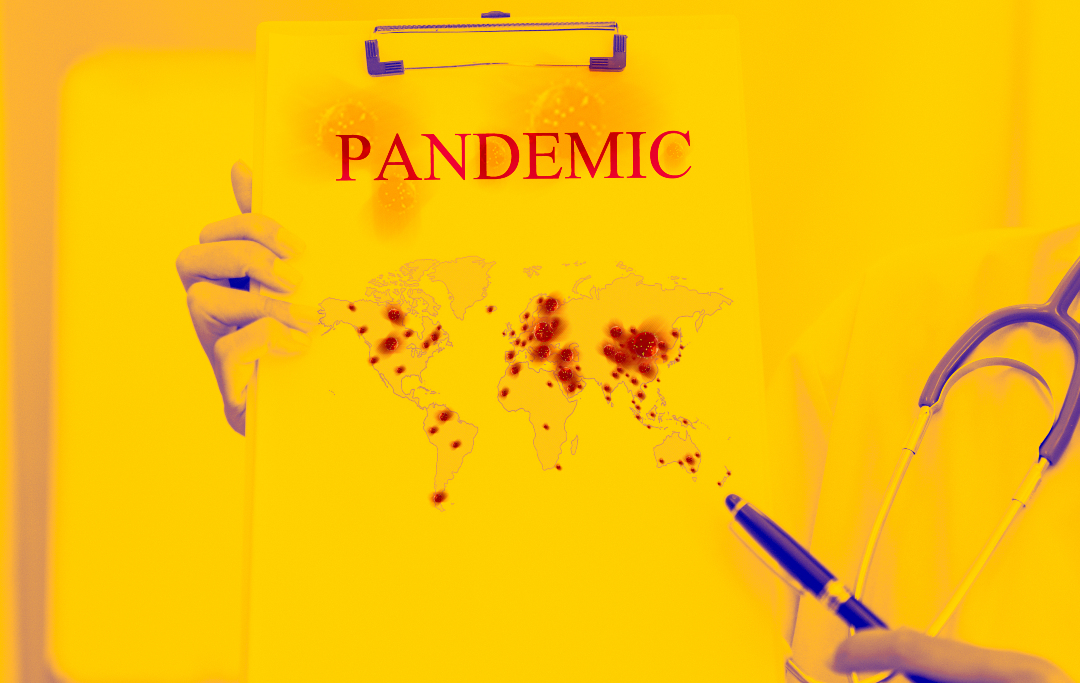
WHO brings countries together to test collective pandemic response
On Apr. 4, 2025, the World Health Organization (WHO) announced that over the past two days, it convened more than 15 countries and over 20 regional health agencies, health emergency networks and other partners to test, for the first time, a new global coordination mechanism for health emergencies.
The two-day simulation, Exercise Polaris, tested WHO’s Global Health Emergency Corps (GHEC), a framework designed to strengthen countries’ emergency workforce, coordinate the deployment of surge teams and experts, and enhance collaboration between countries. The exercise simulated an outbreak of a fictional virus spreading across the world.
Participating countries included Canada, Colombia, Costa Rica, Denmark, Ethiopia, Germany, Iraq, Kingdom of Saudi Arabia, Mozambique, Nepal, Pakistan, Qatar, Somalia Uganda and Ukraine, with additional countries as observers. Each country participated through its national health emergency coordination structure and worked under real-life conditions to share information, align policies and activate their response.
Regional and global health agencies and organizations, including Africa CDC, European CDC, IFRC, IOM, UNICEF and established emergency networks such as the Global Outbreak Alert and Response Network, the Emergency Medical Teams initiative, Stand-by partners and the International Association of National Public Health Institutes, worked together to support country-led responses. More than 350 health emergency experts connected globally through this exercise.
Throughout the simulation, countries led their own response efforts while engaging with WHO for coordination, technical guidance and emergency support. The exercise provided a rare opportunity for governments to test preparedness in a realistic environment, one where trust and mutual accountability were as critical as speed and capacity.
Tags:
Source: World Health Organization
Credit:
